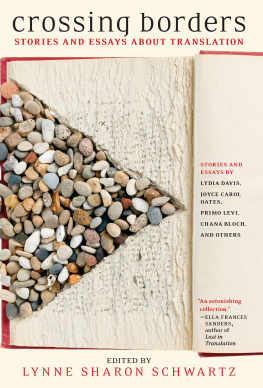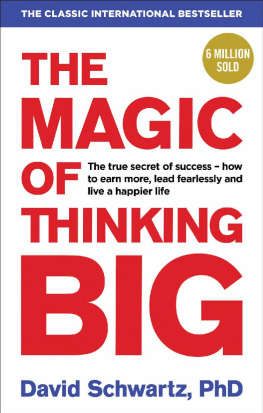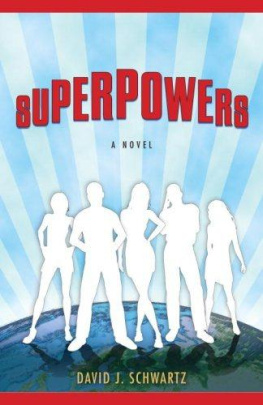Schwartz Lynne Sharon - Ruined by reading : a life in books
Here you can read online Schwartz Lynne Sharon - Ruined by reading : a life in books full text of the book (entire story) in english for free. Download pdf and epub, get meaning, cover and reviews about this ebook. City: Boston, year: 1996, publisher: Beacon Press, genre: Religion. Description of the work, (preface) as well as reviews are available. Best literature library LitArk.com created for fans of good reading and offers a wide selection of genres:
Romance novel
Science fiction
Adventure
Detective
Science
History
Home and family
Prose
Art
Politics
Computer
Non-fiction
Religion
Business
Children
Humor
Choose a favorite category and find really read worthwhile books. Enjoy immersion in the world of imagination, feel the emotions of the characters or learn something new for yourself, make an fascinating discovery.

- Book:Ruined by reading : a life in books
- Author:
- Publisher:Beacon Press
- Genre:
- Year:1996
- City:Boston
- Rating:4 / 5
- Favourites:Add to favourites
- Your mark:
- 80
- 1
- 2
- 3
- 4
- 5
Ruined by reading : a life in books: summary, description and annotation
We offer to read an annotation, description, summary or preface (depends on what the author of the book "Ruined by reading : a life in books" wrote himself). If you haven't found the necessary information about the book — write in the comments, we will try to find it.
Abstract: Schwartz, an author, offers insight into why we read and how what we read shapes us
Ruined by reading : a life in books — read online for free the complete book (whole text) full work
Below is the text of the book, divided by pages. System saving the place of the last page read, allows you to conveniently read the book "Ruined by reading : a life in books" online for free, without having to search again every time where you left off. Put a bookmark, and you can go to the page where you finished reading at any time.
Font size:
Interval:
Bookmark:
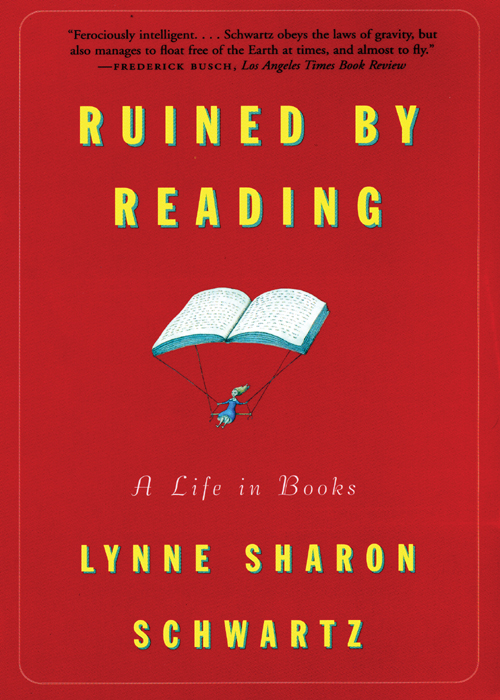
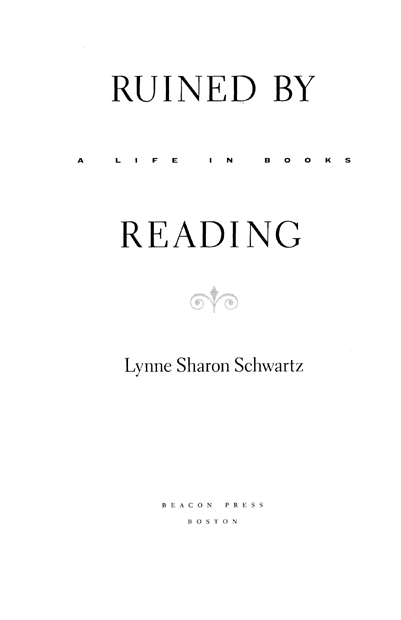
 R ARELY does the daily paper move me to reexamine my life. But a recent New York Times piece quoted a Chinese scholar whose belief in Buddhism... has curbed his appetite for books. Mr. Cha says, To read more is a handicap. It is better to keep your own mind free and to not let the thinking of others interfere with your own free thinking. I clipped his statement and placed it on the bedside table, next to a pile of books I was reading or planned to read or thought I ought to read. The clipping is about two square inches and almost weightless, the pile of books some nine inches high, weighing a few pounds. Yet they face each other in perfect balance. I am the scale on which they rest.
R ARELY does the daily paper move me to reexamine my life. But a recent New York Times piece quoted a Chinese scholar whose belief in Buddhism... has curbed his appetite for books. Mr. Cha says, To read more is a handicap. It is better to keep your own mind free and to not let the thinking of others interfere with your own free thinking. I clipped his statement and placed it on the bedside table, next to a pile of books I was reading or planned to read or thought I ought to read. The clipping is about two square inches and almost weightless, the pile of books some nine inches high, weighing a few pounds. Yet they face each other in perfect balance. I am the scale on which they rest.
Lying in the shadow of the books, I brood on my reading habit. What is it all about? What am I doing it for? And the classic addicts question, What is it doing for me? Mr. Chas serenity and independence of mind are enviable. I would like to be equally independent, but Im not sure my mind could be free without reading, or that the action books have on it is properly termed interference. I suspect the interaction of the mind and the book is something more complex. I can see it encompassing an intimate history and geography: the evolution of character, the shifting map of personal taste. And what about the uses of language itself, as well as the perennial lure of narrative? But perhaps casting the issue in such large terms only shows how enslaved I am. Buddhism aside, there is no Readers Anonymous, so far, to help curb this appetite.
Luckily I am not prey to every kind of reading, for there are many kinds, as there are many kinds of love, not all of them intoxicating. There is pure and specific curiosity: how would an Israeli Arab regard growing up in an inhospitable state, or who was Albertine, really, or what is it like to be brilliantly gifted and in love and desperately ill at twenty-three years old? Then we dont read directly for the high, though we may find it, in Anton Shammass Arabesques or Keatss letters, but to satisfy the mind. Or less specific curiosity: What is anthropology, I used to wonderthe enterprise itself, not the exotic data, since ordinary urban life provides enough exotic data. How do you approach the study of man or culture? How do you tilt your head, what angle of vision? I read enough to find out how the discipline works, which is by accumulation and accretion, making a mosaic. You gather and place enough pieces, then step back and look. I saw the pattern most luminously in Ruth Benedicts brilliant study, Patterns of Culture, which still sits stalwartly on my shelf in its thirty-five-cent Penguin paperback edition, the pages going brown but not yet flaking, still viable, still credible. Even from the old-fashioned prcis under each chapter heading I sensed that here I would find what I wanted: Man moulded by custom, not instinct; All standards of behavior relative; Peoples who never heard of war; Death, the paramount affront. Irresistible. I read, there and elsewhere, and when the design was clear to me, I stopped.
We may read for facts alone: the eye skims along, alert for key words, and when they appear, like red lights on a highway, it slides deftly to a halt. That kind of reading propelled me out of graduate school. However useful, it does not feel like true reading but more like shopping, riffling through racks for the precise shade of blue. I would have made a poor and ludicrous scholar, like a diva singing ditties in TV commercials, or a pastry chef condemned to macrobiotic menus.
My addiction is to works of the imagination, and even if I became a Buddhist, I think I couldnt renounce them cold turkey. Not after a lifetime, the better part of which was spent reading. Was it actually the better part, though? Did I choose or was I chosen, shepherded into it like those children caught out early on with a talent for the violin or ballet, baseball or gymnastics, and tethered forever to bows and barres, bats and mats? We didnt know any alternatives; there was no chance to find them out. Reading, of all these, does not win huge sums of money or applause, or give joy and solace to others. What it does offer is a delectable exercise for the mind, and Mr. Cha, the Buddhist scholar, might well find it an indulgence. Like the bodies of dancers or athletes, the minds of readers are genuinely happy and self-possessed only when cavorting around, doing their stretches and leaps and jumps to the tune of words.
Despite all this mental pirouetting, or maybe because of it, I dont remember much of what Ive read. My lifelong capacity for forgetting distresses me. I glance at a book on the shelf that I once read with avid interestDorothy Gallaghers All the Right Enemies, about the 1943 murder of the Italian anarchist Carlo Trescaand while I struggle for the details, all I recall is the excitement of the reading. I couldnt give a cogent account of its dense intrigue or social history, yet I have some inchoate sense of the texture and dynamics of the subject.
At least I remember there was a murder at stake, something I cant always claim. When my younger daughter made disparaging remarks about Billy Budd I rushed to Melvilles defense with a speech on the conflict between the rule of law applied generically and the merits of individual cases. Billy Budd struck a superior officer, I reminded her; according to the letter of the law, he must hang. And yet, and yet, we cannot quite swallow it... I ended in a glow of ambivalence. It wasnt that he struck him, she murmured. He killed him. I had totally forgotten, which was appalling. And yet, I consoled myself, I had remembered the conflict, and the dark malice of Claggart, and Billys faltering speech, and the terrible earnestness of Captain Vere, and the wry world-weariness of the old Danskermodes of being swirling and contending like gases in the primeval void, to coalesce into a particular universe, a configuration of events. Wasnt that enough? Not quite. What happens is important too. What do I have, then, after years of indulgence? A feel, a texture, an aura: the fragrance of Shakespeare, the crisp breeze of Tolstoy, the carnal stench of the great Euripides. Are they worth the investment of a life? Would my mind be more free without them?
In truth I have made some tentative steps toward freedom. Over the last ten years or so, I have managed not to finish certain books. With barely a twinge of conscience, I hurl down what bores me or doesnt give what I crave: ecstasy, transcendence, a thrill of mysterious connection. For, more than anything else, readers are thrill-seekers, though I dont read thrillers, not the kind sold under that label, anyway. They dont thrill; only language thrills.
I had put aside books before, naturally, but with guilt, sneaking them back to the shelves in the dark. It seemed a rudeness of the worst sort. A voice was attempting to speak to me and I refused to listen. A spiritual rudeness. Since childhood I had thought of reading as holy, and like all sacraments, it had acquired a stiff halo of duty. My cavalier throwing over a book midway may arise from the same general desacralization as does the notable increase in divorce, marriage also being a sacrament and, once entered upon, a duty. Every day joy and duty pull farther apart, like Siamese twins undergoing an excruciating but salutary operation: they were never meant to share a skin; they may look alike but their souls are different.
Font size:
Interval:
Bookmark:
Similar books «Ruined by reading : a life in books»
Look at similar books to Ruined by reading : a life in books. We have selected literature similar in name and meaning in the hope of providing readers with more options to find new, interesting, not yet read works.
Discussion, reviews of the book Ruined by reading : a life in books and just readers' own opinions. Leave your comments, write what you think about the work, its meaning or the main characters. Specify what exactly you liked and what you didn't like, and why you think so.

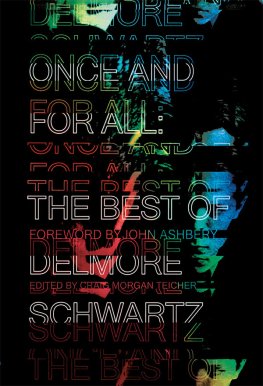
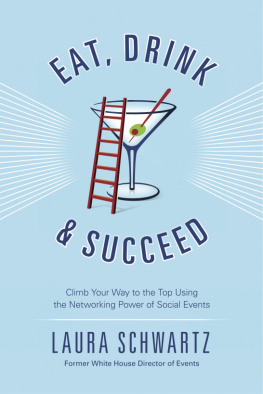


![Charles Schwartz [Charles Schwartz] - Who Changes Everything : Unlock The Secret That Will Transform Your Life](/uploads/posts/book/129962/thumbs/charles-schwartz-charles-schwartz-who-changes.jpg)
